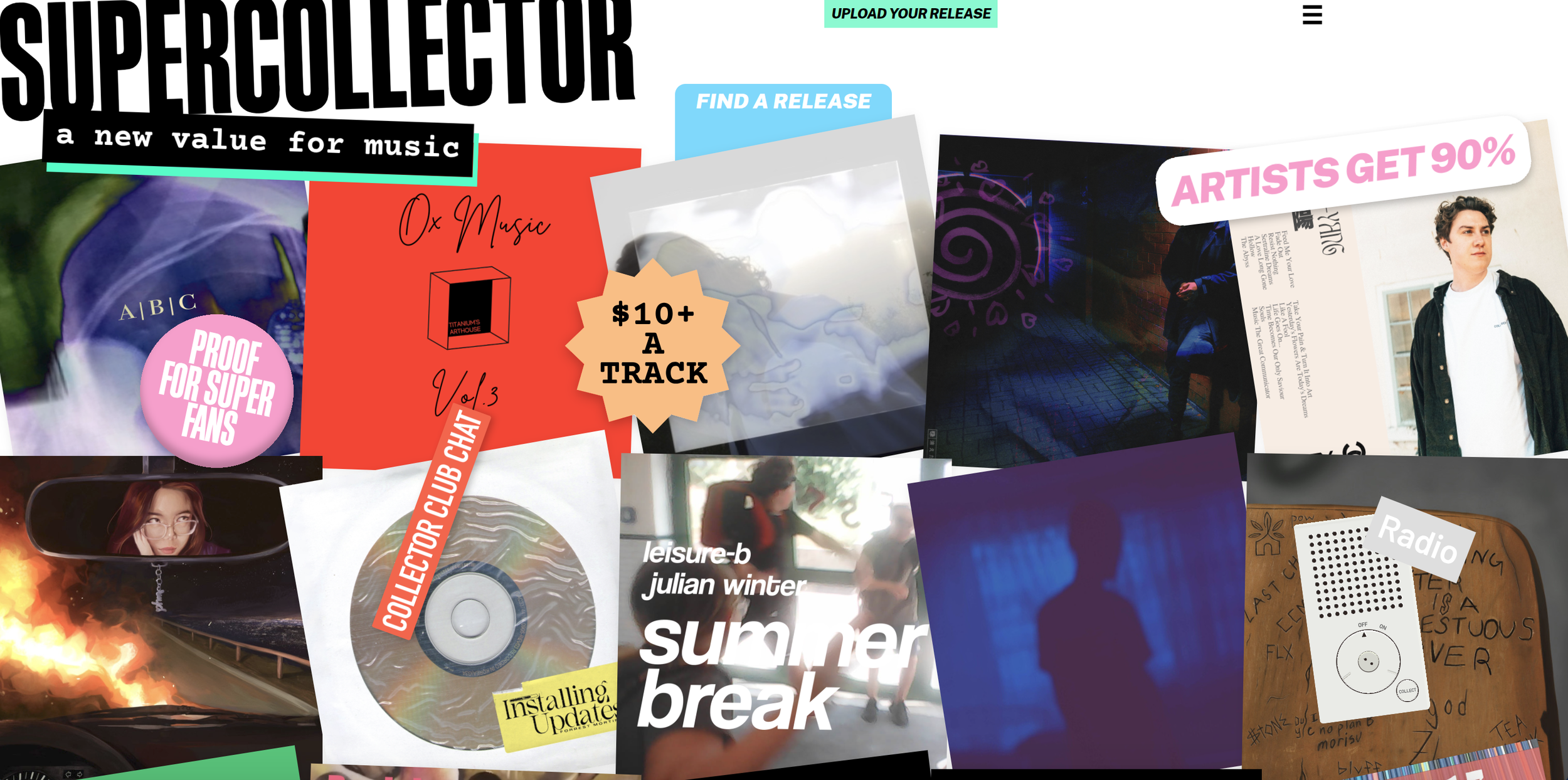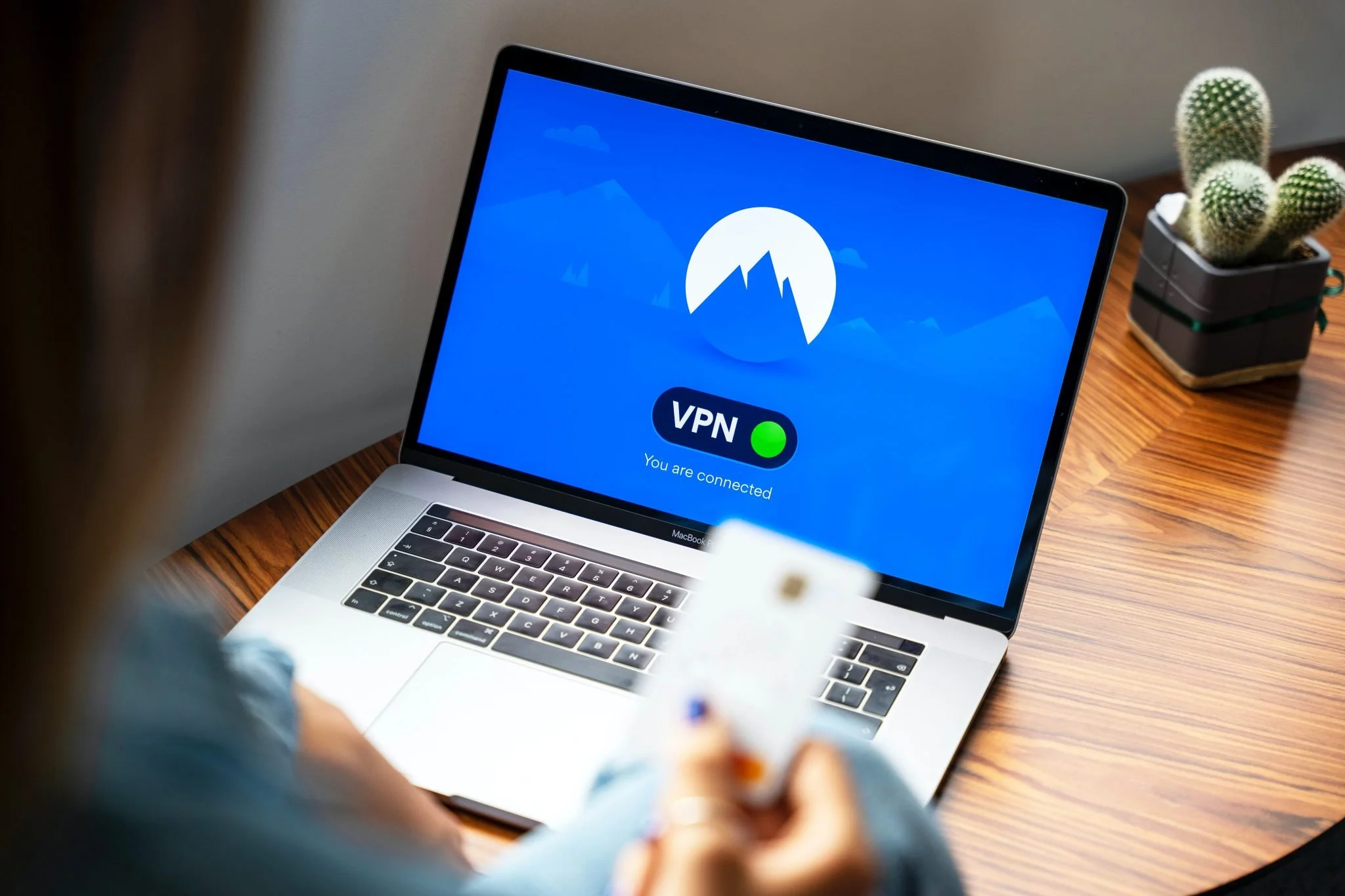As immersive technologies merge with AI-driven platforms, the boundaries between physical and digital life are rapidly dissolving - bringing new ethical, legal, and safety challenges into focus. This article examines the history of virtual harm in online and XR environments, from early text-based worlds to contemporary VR gaming and performance spaces, and argues for a privacy-first framework as the foundation for immersive safety. By analyzing legal gaps, platform accountability, and global policy efforts, it proposes digital “guardrails” that prioritize user dignity, data protection, and well-being as core design principles rather than afterthoughts.
March News: Privacy, Security, and Trust Busting
This month, the United States federal government is placing increased scrutiny on big tech regarding privacy, security, and market competition. While the Department of Justice files an antitrust suit against Apple for its hold on the smartphone market, Congress makes a bold statement with legislation potentially banning TikTok in the U.S.. Meanwhile, Reddit’s initial public offering may signal a move for tech companies to go public. In the world of entertainment, innovative tech brings scent to the gaming experience, and artists explore blockchain to compete with music streaming platforms.
TikTok: Opportunity and Risk
The latest controversies surrounding TikTok are no secret: Biased algorithms, censored content, & intensive personal data collection to name a few. But how exactly are these controversies posing risks for users, and why should those involved in the arts industry care? Buckle in (especially YOU, arts marketers) because this may potentially change the future of social media and marketing moving forward.
Managing Privacy, Identity, And Virtual Worlds In Video Games: Part Two
Managing Privacy, Identity, and Virtual Worlds in Video Games: Part One
The video gaming business is now a world-leading entertainment industry with nearly 180 billion U.S. dollars in market value (Statista, 2021). As more private information and in-game data are collected and utilized to support gaming, it may also threaten the safety of gamers' privacy. Therefore, it is essential for gaming companies to understand the business implications of collecting and using gamers’ private information. There have been studies that take account of the privacy landscape across industries, but privacy in the gaming industry remains less examined given its complexity and rapid recent growth.
Approaches to Data Privacy in Arts Organizations
In the current digital economy, privacy is elusive. In fact, much of the Internet as we know it is made up of services and practices that use data as a form of payment, without making that transaction clear. This article explores how individuals and organizations in arts enterprises can maintain better privacy and data protection for themselves and their clients using existing technology and techniques. It begins with a brief background on the state of digital privacy, and then provides into an overview of existing techniques and technologies that could be applied within the arts.
In the News: July 2022
July has been a whirlwind of a month at the intersection of art and technology. From possible successful legislation on data privacy in the US, to the Italian government putting its foot down on NFT sales, or just an AI making uncanny valley art that is starting to get a little too real, a lot has happened in the world. The spread of articles below give a glimpse into a small portion of the interesting events that have occurred this month!
TBT: Education, Gamification, & Public Policy
The Importance of Nonprofits' Prioritization of Patron Privacy
In 2021, TikTok updated its privacy policy which allowed it to collect biometric data on its users, including faceprints and voiceprints. Rather than explicitly informing its users about this change, the app vaguely communicated that they were issuing a “privacy update.” Once people found out what the update entailed, concern rightfully grew. This type of data collection indicates a significant shift from companies collecting behavioral data on their consumers to something much more invasive and without true consent. Only 36% of Americans trust tech companies using facial recognition technology. In general, public trust in Big Tech has been steadily falling in the United States. Regardless, however, most people still click “accept” to the Terms & Conditions on any website without actually knowing what is being agreed to, indicating a disconnect between what US citizens expect from businesses and what is actually being conducted. With a lack of national protection, nonprofit organizations must assume responsibility in protecting personal consumer data and using it ethically.
In the News: June 2022
Theatre Futures: Data and Strategy
The 2022 Theatre Communications Group conference offered virtual, hybrid, and in-person experiences. Hosted in Pittsburgh, the conference adeptly revealed the opportunities and challenges facing the field as theatre artists and institutions navigate their futures. The following summary offers two core takeaways from the conference, focusing on a theatre administration future of human-centered strategies allowing adaptive innovation within a constantly changing ecosystem.
An Industry of Secrecy: Why Streaming Companies Hide Viewership Data
The entertainment industry in a post-pandemic and streamer-heavy world bears a sigil of secrecy. Viewership data for films and television shows on Netflix, Hulu, Amazon Prime Video, HBO Max, Disney Plus, Apple TV Plus, and other streaming services is highly monitored behind closed doors at these companies. Streaming consumption skyrocketed at the beginning of the COVID-19 pandemic, as people around the world were forced to stay at home. During the same time, online TV/video consumption increased from 1.7 hours to 6.5 hour. The pandemic fast-tracked the world’s shift to streaming, as it became one of the only accessible entertainment platforms, forcing the general public to decide which streaming services to invest in, largely because of cost.
The Importance Of Audience Consumption Data In The Entertainment Industry
Since the 1980s, it has been industry practice to measure the number of viewers consuming films and television. These measures affect the industry in multiple ways, from advertising sales to cultivating future viewers, and often contribute to the project’s success. As streaming continues to pivot the entertainment industry, other services will begin to release viewership data in a similar fashion. This crucial step in releasing streaming viewership data has the potential to set a new dawn for streaming services: one where data and transparency lead the way into a more informed and impactful industry.
Digital Privacy and Subversive Art
Having a better understanding of domestic legislation regarding digital privacy, as well as the international landscape as it pertains to these issues, can help in managing art that could be characterized as “seditious” or “radical.” It is important to note that surveillance, from both private and governmental entities, is on the rise as are the possibilities of censorship or unconstitutional oversight.



















